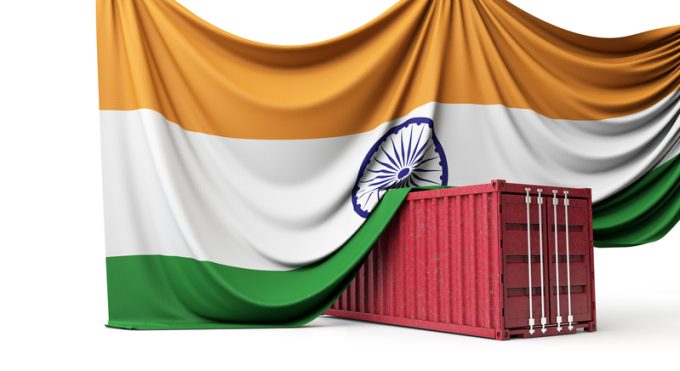Blow for air cargo handler Celebi as Indian court upholds market ban
Global airport ground handler Celebi Aviation’s efforts to re-enter the Indian market have hit a ...

Frustrated by high shipping costs, India’s exporters have won some government support – albeit a little belatedly, as supply-demand dynamics have begun to settle.
Container Corporation of India (Concor) has significantly rationalised its container storage and handling tariff policies, both for empty and laden boxes. An ...


Comment on this article